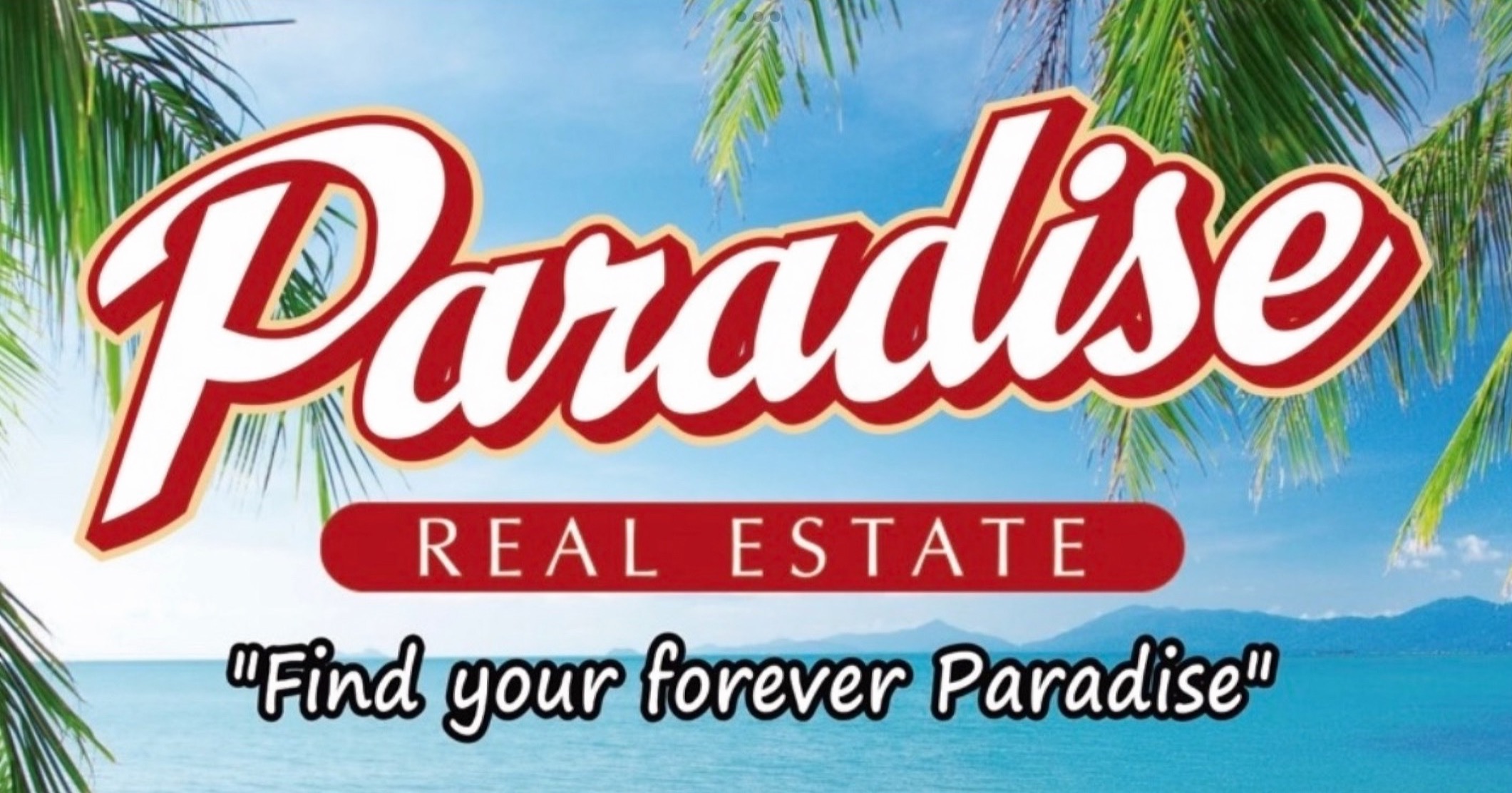Navigating Costa Rica's Real Estate Market
- Paradise Real Estate

- Nov 19, 2025
- 3 min read
Buying property in Costa Rica is an exciting journey. The country offers stunning landscapes, vibrant culture, and a welcoming community. But navigating the real estate market here requires clear knowledge and careful planning. I want to share practical insights to help you make confident decisions and find your perfect home or investment.
Understanding Costa Rica Property Buying: What You Need to Know
Costa Rica property buying is straightforward but has unique aspects you should understand. First, the legal system protects buyers well, but it’s essential to work with trusted professionals. I always recommend hiring a reputable real estate agent and a local attorney. They will guide you through the paperwork, title searches, and contracts.
Here are some key points to keep in mind:
Property Types: You can buy land, condos, houses, or commercial properties. Each has different regulations and costs.
Foreign Ownership: Foreigners have the same rights as locals. You can own property outright, including beachfront land.
Due Diligence: Always verify the property’s title and check for any liens or debts.
Costs: Besides the purchase price, budget for transfer taxes (1.5%), notary fees, and registration fees.
Working with a local expert will help you avoid common pitfalls. They know the market trends and can negotiate the best deal for you.
How to Approach Costa Rica Property Buying with Confidence
When you start your search, focus on your priorities. Are you looking for a vacation home, a retirement spot, or an investment property? Location matters a lot. Coastal areas like Guanacaste and the Central Pacific are popular but can be pricier. Inland regions offer more affordable options and a quieter lifestyle.
Here’s a simple step-by-step approach:
Set Your Budget: Include all costs, not just the listing price.
Choose a Location: Research climate, amenities, and accessibility.
Find a Trusted Agent: Look for someone with local experience and good reviews.
Visit Properties: Spend time exploring neighborhoods and homes.
Make an Offer: Your agent will help you draft a fair offer.
Complete Due Diligence: Confirm legal status and property condition.
Close the Deal: Sign contracts with your attorney and pay the necessary fees.
Remember, patience is key. The process can take weeks or months, but thoroughness ensures a smooth purchase.
Can I live on $1500 a month in Costa Rica?
Many people ask if living on $1500 a month is possible here. The answer is yes, but it depends on your lifestyle and location. Costa Rica offers a range of living costs, from affordable rural towns to upscale beach communities.
Here’s a breakdown of typical monthly expenses on a $1500 budget:
Housing: Rent for a modest apartment or small house can range from $400 to $700.
Utilities: Electricity, water, and internet usually cost around $100.
Food: Local markets and cooking at home keep food costs near $300.
Transportation: Public buses and occasional taxis may total $100.
Healthcare: Public healthcare is affordable; private insurance adds to costs.
Living simply and embracing local culture helps stretch your budget. If you want more luxury or frequent dining out, costs will rise. But many expats thrive comfortably on $1500 monthly.

Tips for International Buyers: Making the Move Smooth
Buying property abroad can feel overwhelming. I’ve seen many international buyers succeed by following these tips:
Visit First: Spend time in Costa Rica before buying. Get a feel for different areas.
Understand Taxes: Know your tax obligations both in Costa Rica and your home country.
Plan for Currency Exchange: Fluctuations can affect your budget.
Use Escrow Services: Protect your funds during the transaction.
Prepare for Maintenance: Factor in ongoing property upkeep costs.
Learn Basic Spanish: It helps with communication and integration.
Working with a local real estate company like Paradise Real Estate ensures you have expert support. They specialize in helping international buyers find their ideal property and navigate the legal process.
What to Expect After Buying: Settling Into Your New Home
Once you close on your property, the adventure continues. Here’s what to expect:
Property Registration: Your attorney will register the deed with the Public Registry.
Utilities Setup: Arrange electricity, water, and internet connections.
Community Integration: Join local groups and meet neighbors.
Ongoing Costs: Budget for property taxes, maintenance, and insurance.
Rental Opportunities: If you plan to rent, consider hiring a property manager.
Living in Costa Rica offers a relaxed pace and beautiful surroundings. With the right preparation, you’ll enjoy your new home fully.
Navigating Costa Rica’s real estate market is rewarding when you have clear guidance. By understanding the process, budgeting wisely, and working with trusted professionals, you can confidently find your perfect piece of paradise. Whether you seek a peaceful retreat or a smart investment, Costa Rica welcomes you with open arms.
.jpeg)




Comments